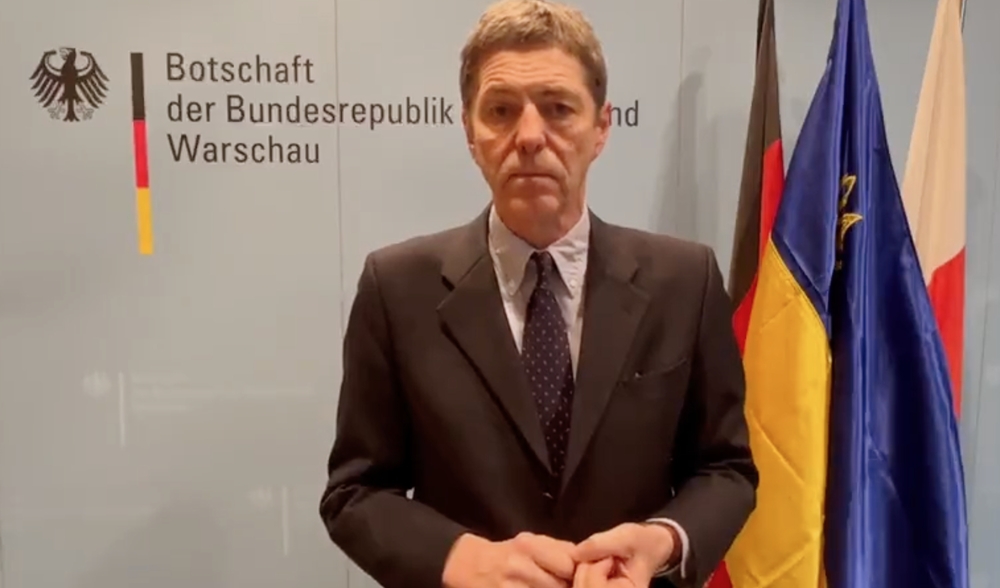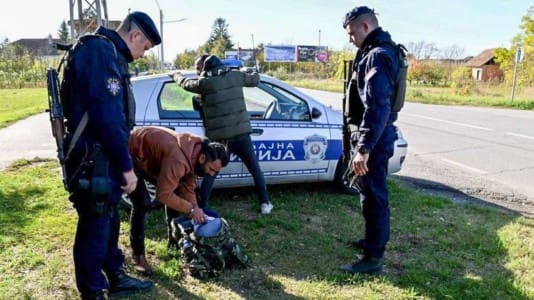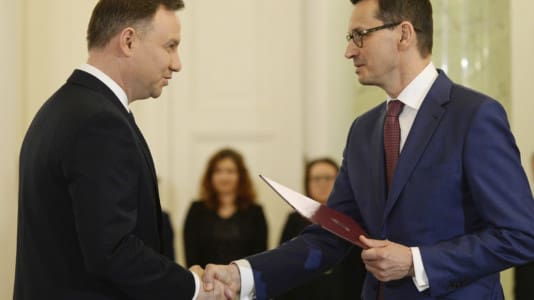Polish conservatives have expressed their outrage over recent remarks from Germany’s former ambassador to Warsaw, Arndt Freytag von Loringhoven, who suggested in a German newspaper that German troops should be stationed in Poland permanently.
In an article published in the Frankfurter Allgemeine Zeitung, von Loringhoven waxed lyrical about a potentially liberal-led coalition government under Donald Tusk taking the reins in Poland, and expressed his hope that such an administration would repair the ailing relationship between Berlin and Warsaw.
The ambassador argued that it was time for Germany to come up with concrete proposals on issues such as the reconstruction of Ukraine, so that Poland and Germany could work together rather than confronting one another.
However, it was von Loringhoven’s suggestion that there was a need to integrate the German armed forces with those of Poland, including stationing German troops on a permanent basis in Poland to defend Europe, which raised hackles in Warsaw.
Jacek Saryusz-Wolski, a senior conservative MEP for the governing Law and Justice (Pis) party, accused Germany of “pressing ahead” with such plans and insisted that these kinds of suggestions raise unfortunate associations.
Constitutional Court Justice Krystyna Pawłowicz went much further on social media. She wrote that not long from now as a result of EU treaty changes, Germany will once again occupy Poland. “This would be Hitler’s dream come true, this time without any resistance from Poles,” she posted.
A liberal journalist from the Gazeta Wyborcza newspaper reminded that in January of this year, Polish President Andrzej Duda had agreed to the stationing of German troops on Polish territory as part of the placing of Patriot air defense systems in eastern Poland. Others have argued that German troops are part of NATO in the same way as Americans.
However, von Loringhoven was not suggesting a temporary location but a permanent presence. Such an initiative has been consistently rejected by the present conservative government as a result of concerns over German collusion with Russia and public sensitivities toward the presence of German troops on Polish soil.
Whether an administration led by Donald Tusk upholds such protestations remains to be seen.






